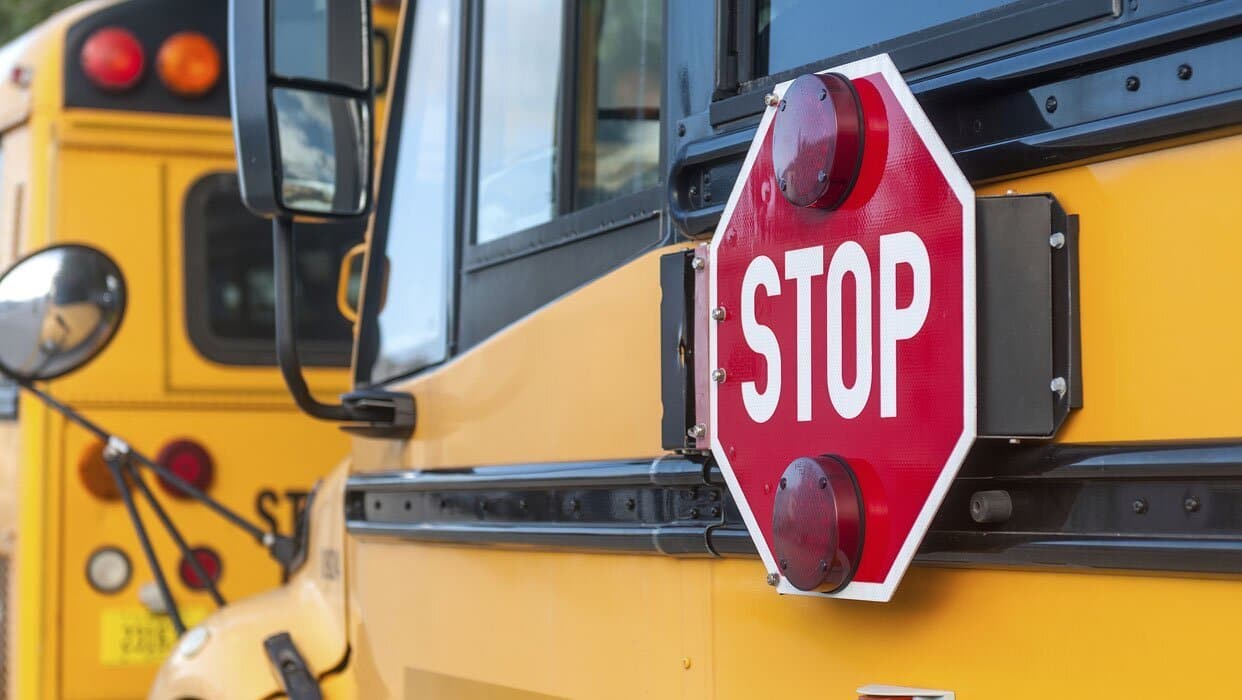Taxpayer money, in a program publicized to allegedly help low-income families, is very likely being used to finance vacations, home entertainment systems, dinners at fancy restaurants, and SUVs for well-to-do households.
From what we know about similar endeavors in other states, there is no doubt that this problem exists. The question is: How bad is it?
At the heart of the problem is a program in Pennsylvania called the Educational Improvement Tax Credit (EITC). Under EITC, a business that contributes money to a scholarship organization can lower its state tax liability anywhere from 75% to 90% of its contribution. The scholarship organization then uses that money to offer private and religious school scholarships to students.
The EITC program is particularly concerning, for several reasons:
- There is no cap on the amount of the scholarship, allowing someone to attend an institution like the Hill School, where the current annual day school tuition for high school is $49,350; and
- The EITC program allows families making up to 500% of the Federal Poverty Level to qualify for these scholarships. That means that a family of four making as much as $147,000 annually can compete with families making less than $60,000 a year.
Yet those supporters who have championed 9-digit increases to EITC over the past few budget cycles have made claims that these scholarships are going to the neediest students in the commonwealth.
READ: In Pennsylvania, School Vouchers Fund and Fuel Hate
How do they know? They don’t. The law specifically prohibits the type of data sharing that is necessary to answer such a question and to properly evaluate the success of the program.
Yet there are indications that very few of these scholarships make their way into the possession of poor families seeking a private education for their children. A 2019 Keystone Crossroads analysis indicated that over one-third of its sample of 151 schools that administer their own scholarship programs reported no low income students at all.
We also know nothing about the scholarship recipient’s home district, or where the recipient attended school before receiving an award.
So, if a student already attends a costly private school and their family meets the generous EITC guidelines, with a scholarship that child can continue attending the school at no cost, and the savings could be used for any of the luxury items listed above, and more. And the taxpayer ultimately pays that bill, in order to compensate for the loss of revenue from the tax credit.
READ: An Open Letter to Governor Josh Shapiro: Fully and Fairly Fund Our Public Schools
Lawmakers had introduced several bills in the state house and senate in the past that would have required data sharing and added accountability to these scholarship programs. Unfortunately, the committee leaders in the two chambers at that time refused to advance those bills for a vote.
More recently, there have been some changes in the General Assembly that indicate legislators may be more open to learning who benefits from these programs. In February, Representative Joe Ciresi (D., Montgomery) introduced HB 2063, which would assure:
- There are guidelines on the use of administrative expenses claimed by scholarship organizations, requiring them to be documented and related to the job of distributing the actual scholarships
- That beneficiaries of these scholarships come from households with incomes not to exceed 200% of the federal poverty line; and
- That the state be provided with information regarding a scholarship recipient’s home district, where the recipient attended school before receiving an award, as well as aggregate performance data of the schools receiving the scholarship tuition.
Detractors have claimed that the bill would place a hardship on the scholarship organizations to collect such data. Yet public school districts collect this type of information routinely. Shouldn’t private institutions have similar capabilities?
For additional information about this bill and what you can do to support it, you can go to: https://actionnetwork.org/letters/vote-yes-on-hb-2063
While scholarship recipients are the consumers in this market-based approach to public education, the customers are the taxpayers who – either indirectly through tax credits, or directly, through school vouchers – pay for these programs. And the only way to “Let the taxpayers beware” is to provide the information needed to determine if the service that they are paying for is in fact providing a public good.







